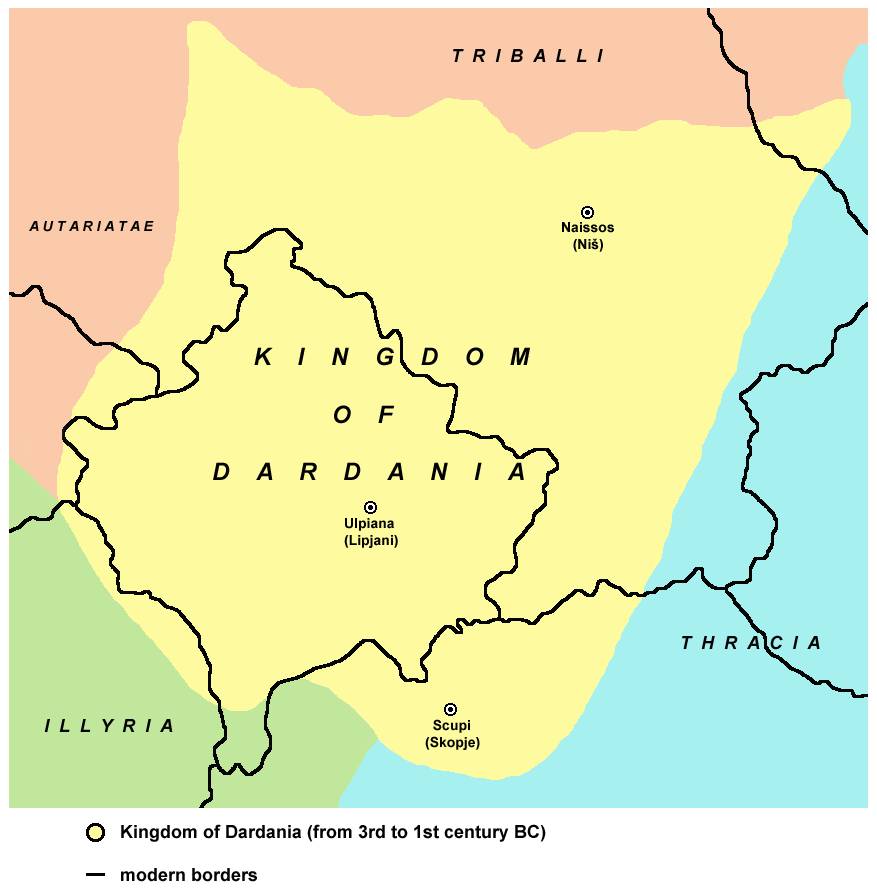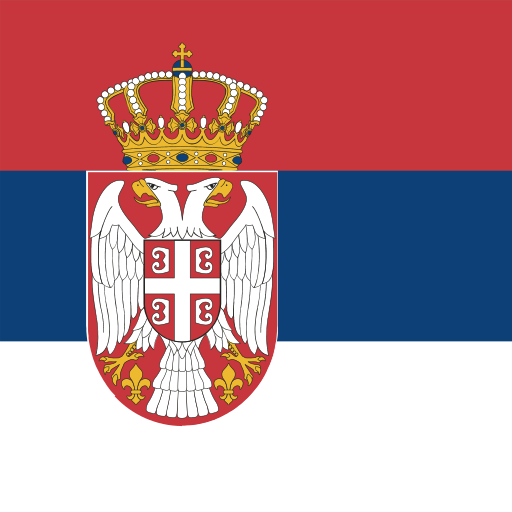Origin of Kosovo

The land inhabited by Albanians today, including today's territory of Kosovo, began to be populated very early, in the Paleolithic era, over 100,000 years ago. A large number of settlements are known such as in the present-day territory of Kosovo, such as the Radac and Karamakaz caves, as well as other smaller caves. Population of the present-day territory of Kosovo greatly increased in the Neolithic period.
Illyrians are among the most ancient inhabitants of the Balkan Peninsula. They are indigenous. The Illyrian culture, language, and anthropological traits formed in their country, in the western part of the Balkan Peninsula, where ancient writers mention them in their works. The areas of expansion of the Illyrian population are quite extensive; they cover the whole of the western part of the peninsula, to the north, to the bay of Ambrakia (Preveza), to the south, and to the east to the lands around Lake Lyhind (Lake Ohrid). Special Illyrian groups also settled in southern Italy. These are the Mesape and Japanese tribes. The ethnic name ILIR appears in ancient works as early as the 21st century. V.p.K., and the names of some Illyrian tribes commemorate as early as the century. XII p.K. by Homer.
But the time of the formation of the Illyrian ethnos is very ancient. The beginnings of Illyrian origin are from the middle of the second millennium BC, from the middle Bronze Age, when ethnic Illyrian traits began to form.
The Dardanians were the largest Illyrian tribe to head the Dardanian Kingdom, in the central Balkans, mainly in Kosovo. In ancient times, Kosovo began to be known as Dardan (a word derived from the Albanian pear for the tree spread in the Dardanian territories). and was inhabited by the Illyrian tribe of the Dardanians. The most important city of the Dardanians has been Damastion, known as the center of metal extraction. The Dardanians are noted as strong warriors, very good miners, livestock and well-known traders. The major cities included Damastion, Nis, Skopje, and Ulpiana.
The Dardanian kings, the most popular of which were Longari, Monun and Bato, fought wars against Ancient Macedonia and reaped great victories. Dardania was occupied by Rome at the end of the century. I p. K. and gave the Roman Empire some of the most prominent emperors, including Constantine the Great. Christianity spread in the country in its infancy, with individuals such as Niket Dardan writing the first church hymns. Then, during the barbaric invasions of the middle century. In V and VIII, Dardania became a safe haven for the preservation of Illyrian culture and language as well as the heritage of the Romanized population, remaining part of the Eastern Roman Empire otherwise known by the Byzantine name.
 en
en al
al srb
srb
Comments (0)
Login to comment